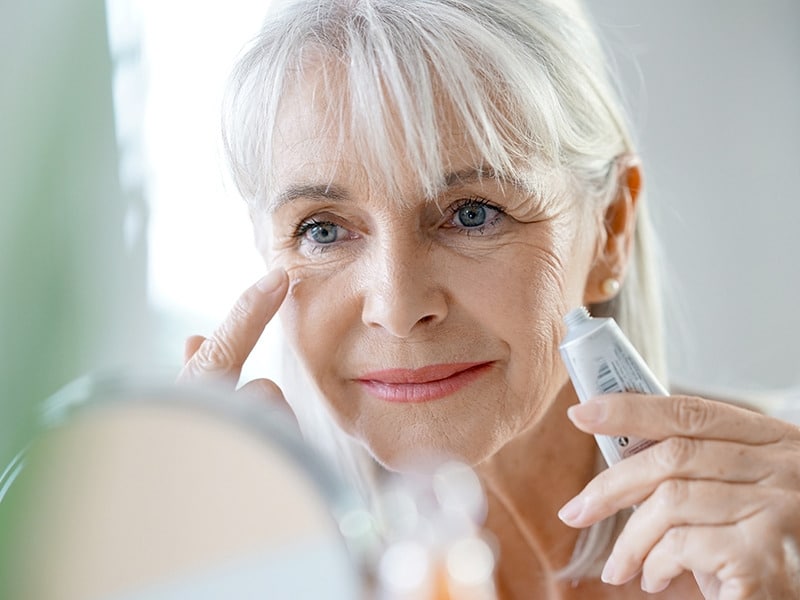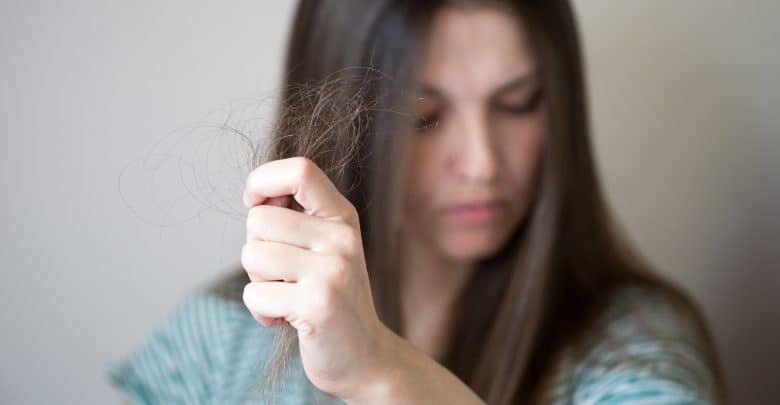How does human biological age progress?

How does human biological age progress?
How does human biological age progress?
“Biological age,” which reflects signs of age-related decline in the body's cells and tissues, does not increase steadily with chronological age. But the results of new research suggest that biological aging can accelerate during stressful events, such as major surgery or childbirth, and then reverse after recovery from those events.
Restoring "biological youth"
As reported in Cell Metabolism, Live Science, there are measurable biomarkers associated with age-related changes in cell function. These signs can appear during times of stress and then disappear during recovery. Although scientists already knew that the relationship between biological age and chronological age was somewhat flexible, what was new in the results of a study by researchers from Harvard University was the discovery of the possibility of restoring “biological youth.”
Biological age is "much more dynamic than people previously thought," said Jesse Boganic, a chemical biologist at Harvard Medical School who led the team of researchers on the new study. A person can experience severe stress events that increase biological age, but the changes can be short-lived if the stress is short-lived, and then biological youth can be restored.”
The researchers examined the effects of short-term but severe physiological stress on the biological ages of mice and humans. Blood samples from older emergency surgery patients showed a rise in biological age within 24 hours of their operation, but their age decreased to preoperative levels within one to two weeks.
The differences between men and women
In a related context, male COVID-19 patients took longer to recover after infection, while women returned to their biological age before infection with the Coronavirus within two weeks, which means that from a biological age perspective, the recovery time frame can depend on the type of stress and gender. .
In blood samples taken from pregnant women, the researchers detected a peak in biological age around the time the baby was born, which returned to its previous level within six weeks after birth, on average.
Researcher Boganic said that while the study did not make any conclusions about the impact of these biological shifts on life-long aging, failure to recover from stressful events can lead to accelerated aging.
The results of the study open the door to new opportunities for testing anti-aging drugs. “If you can define a model in which lifespan is transiently elevated, you can potentially use recovery from that elevation to test the effects of different drugs,” said researcher Boganic.






